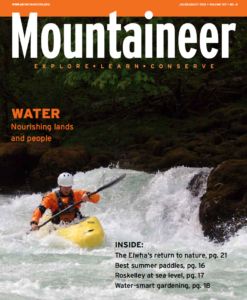A Celebration on the Elwha River
Editor’s Note: This Native American Heritage Month, Trout Unlimited is celebrating and honoring the efforts of our tribal partners who, since time immemorial, have been stewards of the lands, waters and wildlife they hold sacred.
We are inspired by the stories of the Nez Perce working to recover salmon on the Snake River, of the Northwestern Band of the Shoshone Nation restoring Wuda Ogwa, the site of the Bear River massacre, of the Red Cliff Band of Lake Superior Chippewa and Keweenaw Bay Indian Community bringing back coaster brook trout, of the Lower Elwha Klallam reopening the way for salmon on their home river, of the Tribes of Bristol Bay who have worked tirelessly to protect their home waters from industrial mining —and so many more.
Trout Unlimited is grateful to partner with tribal nations in the work to care for and recover incredible lands, waters and fisheries in special places.
Across the world, advocates for dam breaching, free-flowing waters and river restoration are celebrating the news that the Lower Elwha Klallam Tribe has been able to fish for coho salmon for the first time since two large dams blocking the Elwha River were removed a decade ago. The small ceremonial and subsistence fishery held in October is testament to the power of rivers to heal and evidence that the Tribe’s efforts to restore salmon in their home watershed is working.
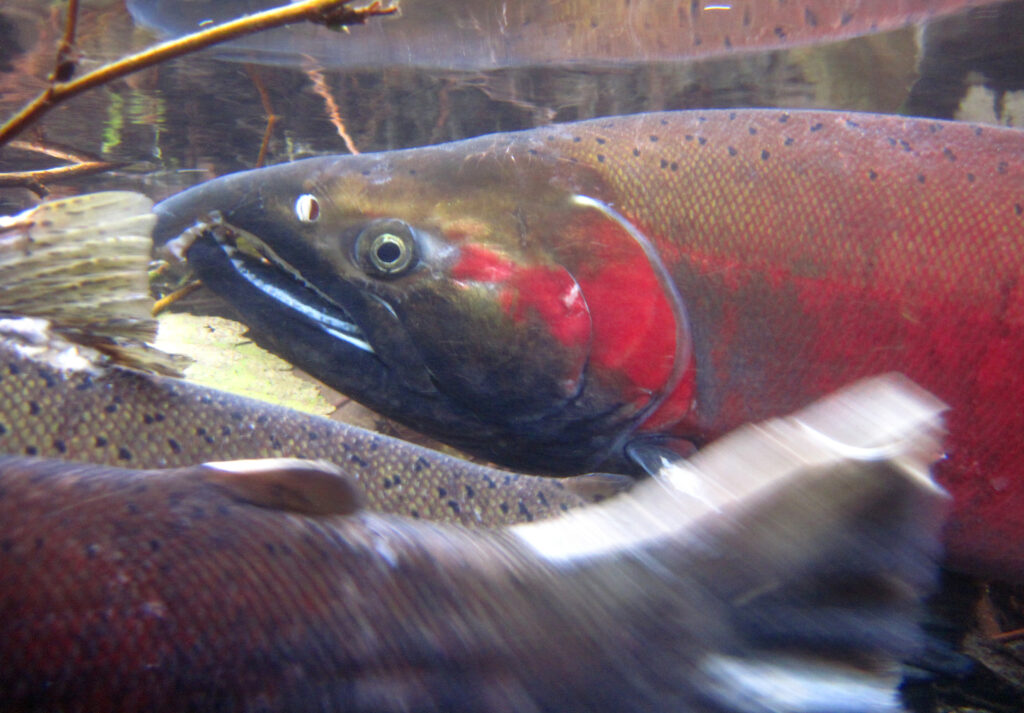
When the Elwha and Glines Canyon Dams came down, it was the largest dam removal project in history. Coho, other salmon populations and steelhead had been prevented from reaching over ninety miles of exceptional habitat protected upstream within the boundaries of the Olympic National Park for a century.
In the years leading up to dam removal, and in the decade since the dams fell, the Tribe has been working with partners to rebuild habitat, reintroduce salmon and closely monitor fish numbers. In recent years, they’ve been counting the fish returning with a sonar system low in the watershed. This data has shown a steady increase in both hatchery and wild coho populations. This fall, approximately 7,000 coho were forecast to return, a threshold that allowed fishery managers to proceed with a small, short fishery targeting a harvest of 400 coho.
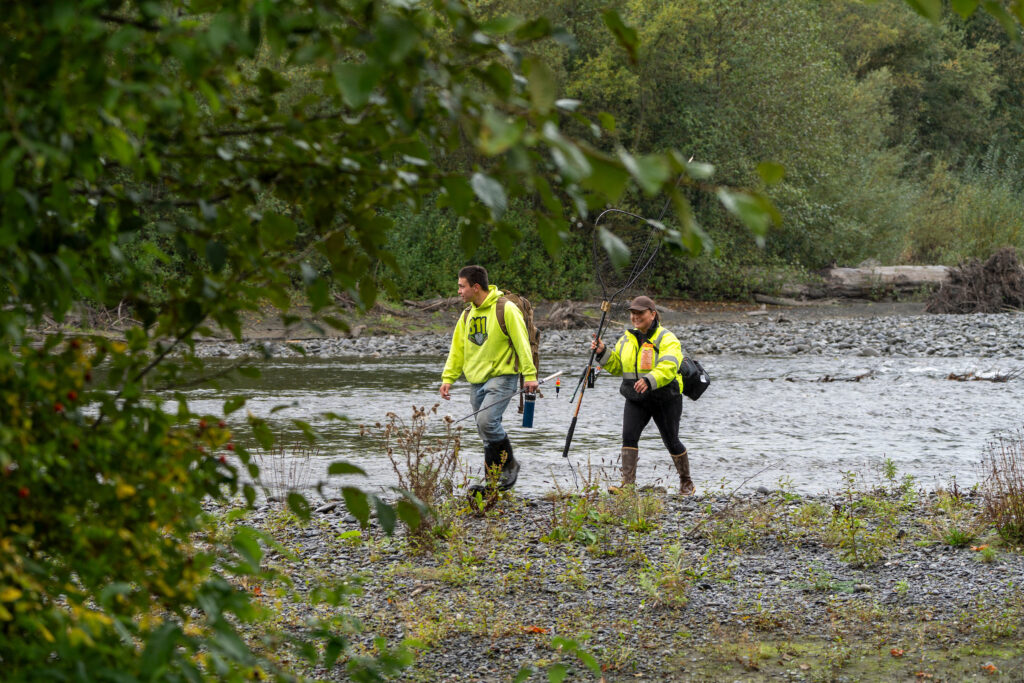
On October 9th, Indigenous Peoples’ Day, the Tribe held a ceremony to celebrate the opening of the season. Tribal members had a few weeks to fish with sportfishing equipment and each fish caught and harvested was closely tracked. The regulations utilizing rods and reels were intended to let as many tribal members fish as possible. Towards the end of the season, a traditional net fishery was held.
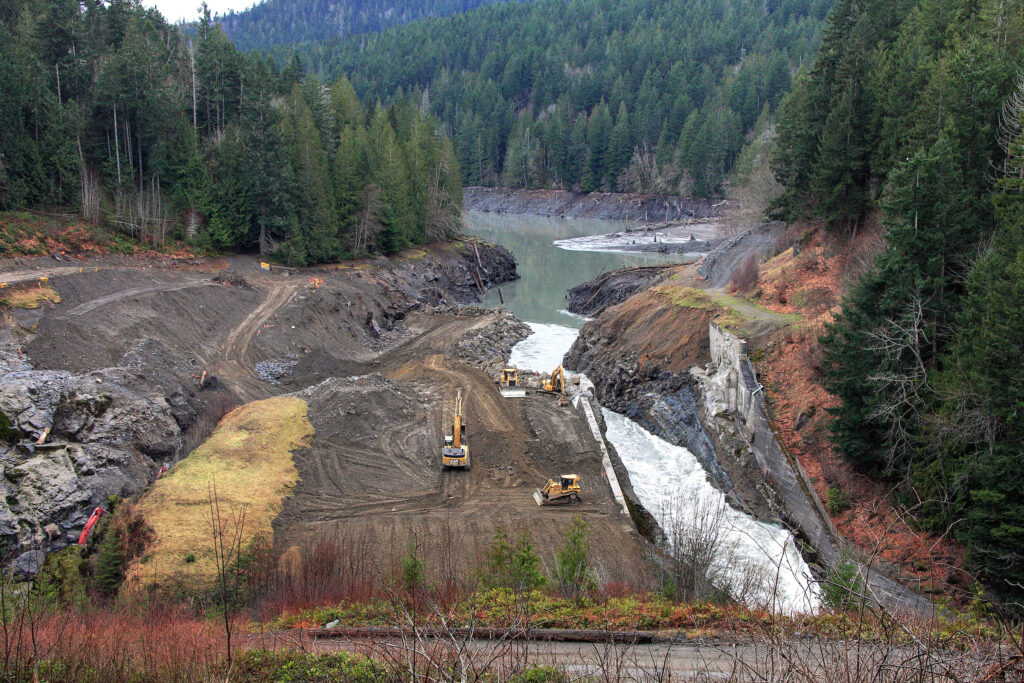
The Elwha River system is home to steelhead, all five Pacific Salmon and resident bull trout and other native species. Steelhead and Chinook numbers have been steadily increasing, but Coho have done particularly well in recent years. Monitoring has shown the fish are successfully reestablishing their populations and life-history diversity in key tributaries above the former Elwha Dam site.
The Lower Elwha Klallam Tribe’s ceremonial and subsistence fishery marks a profound moment in the work to heal rivers and restore salmon runs. After a long fishing hiatus to protect fish populations as they rebuild, Tribal lifeways are able to begin again as the positive impacts of dam removal, targeted restoration actions and the resilience of salmon accrue.
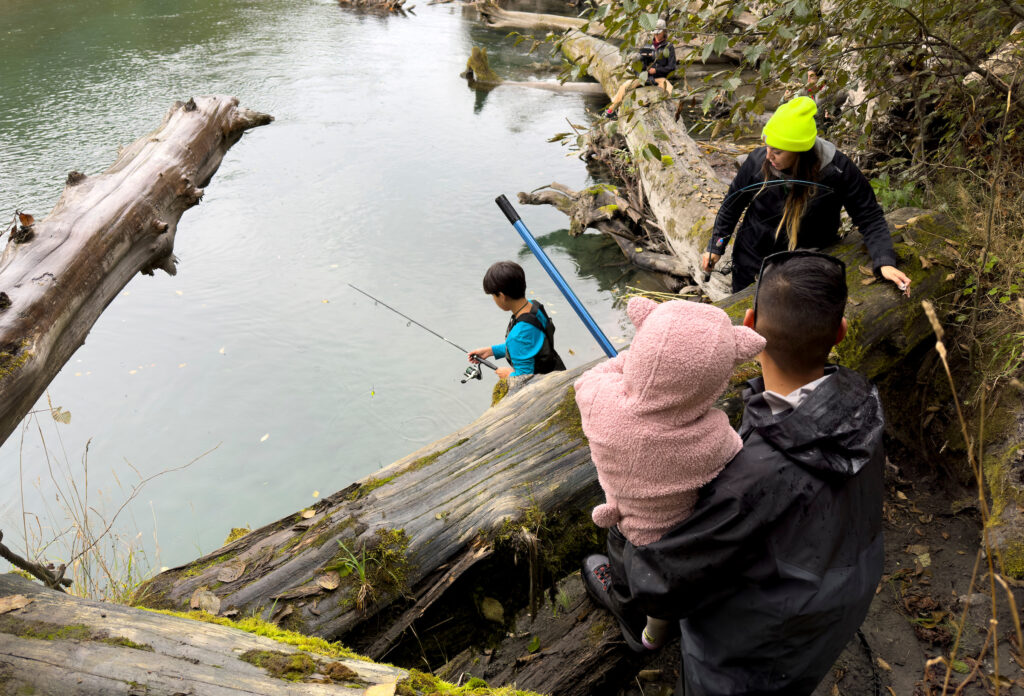
Restoration will continue to take time and continued investment, but it is thrilling to see the progress being made. For Trout Unlimited, the fishery gives us hope as we look to the coming dam removal on the Klamath River and motivates us to work even harder to breach the four dams on the Lower Snake River.
This post originally appeared on Trout Unlimited.


